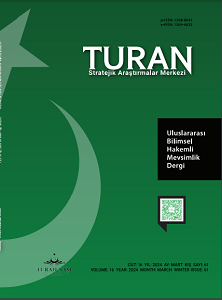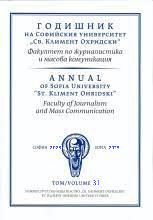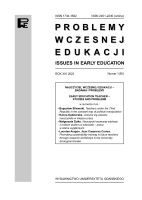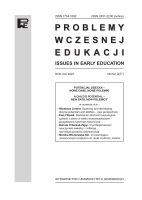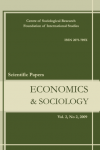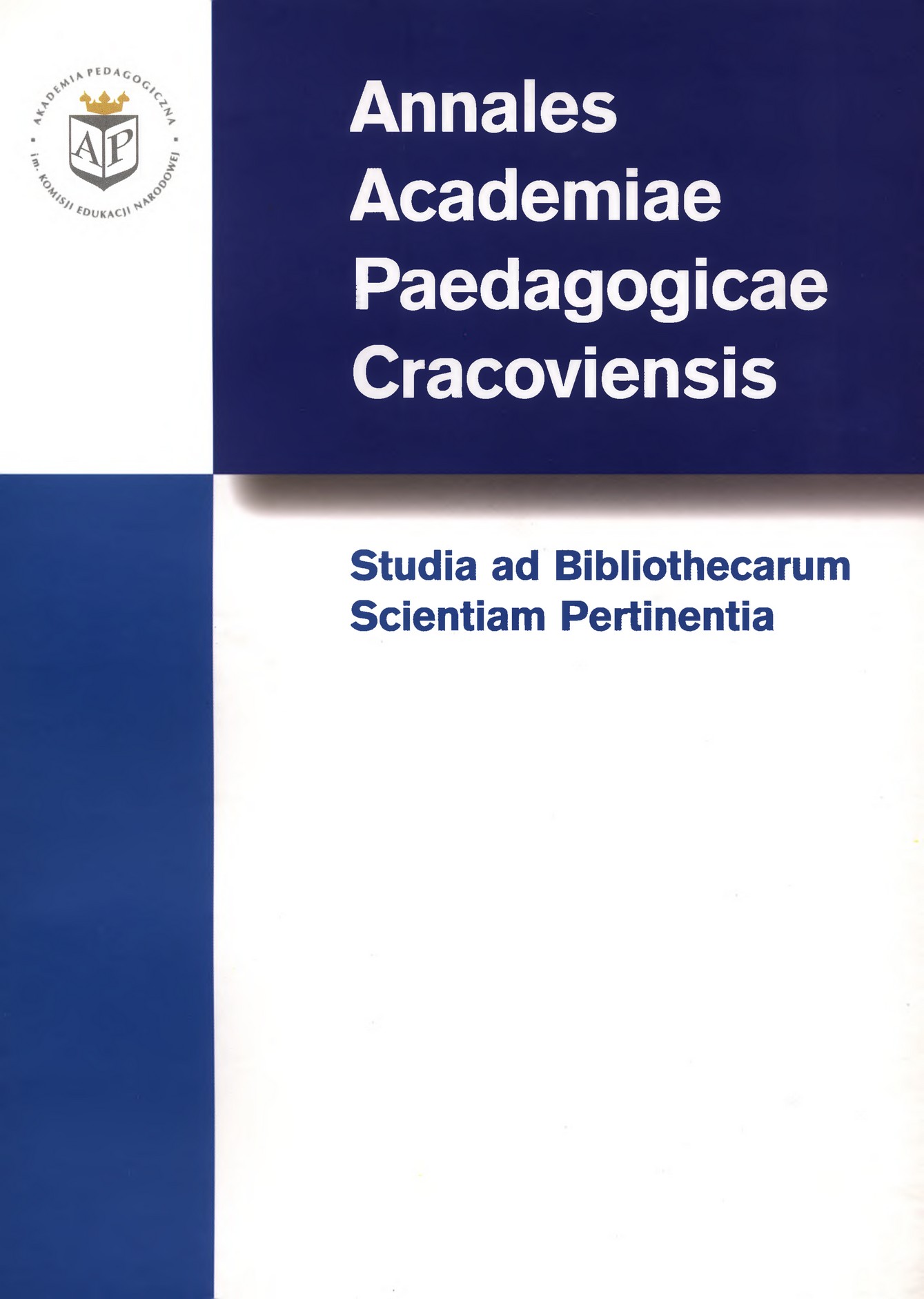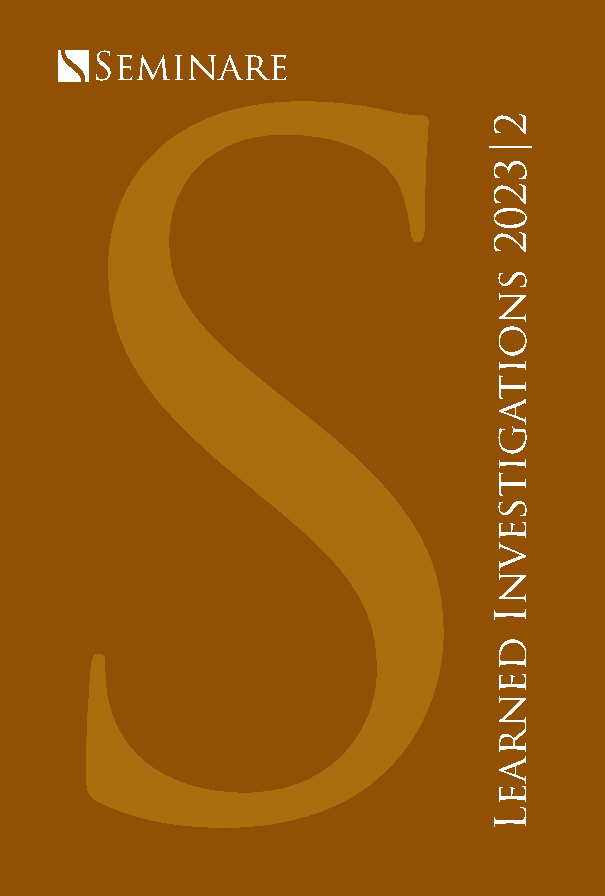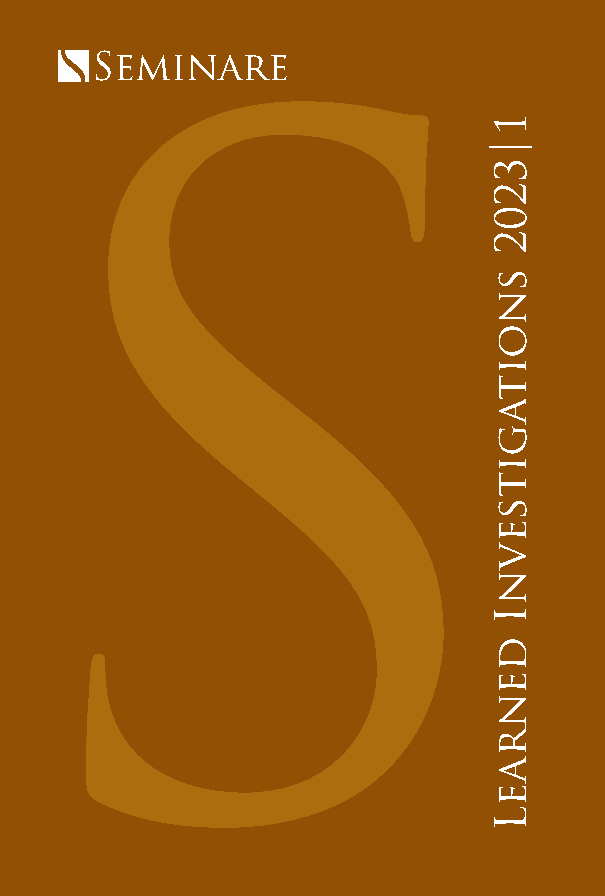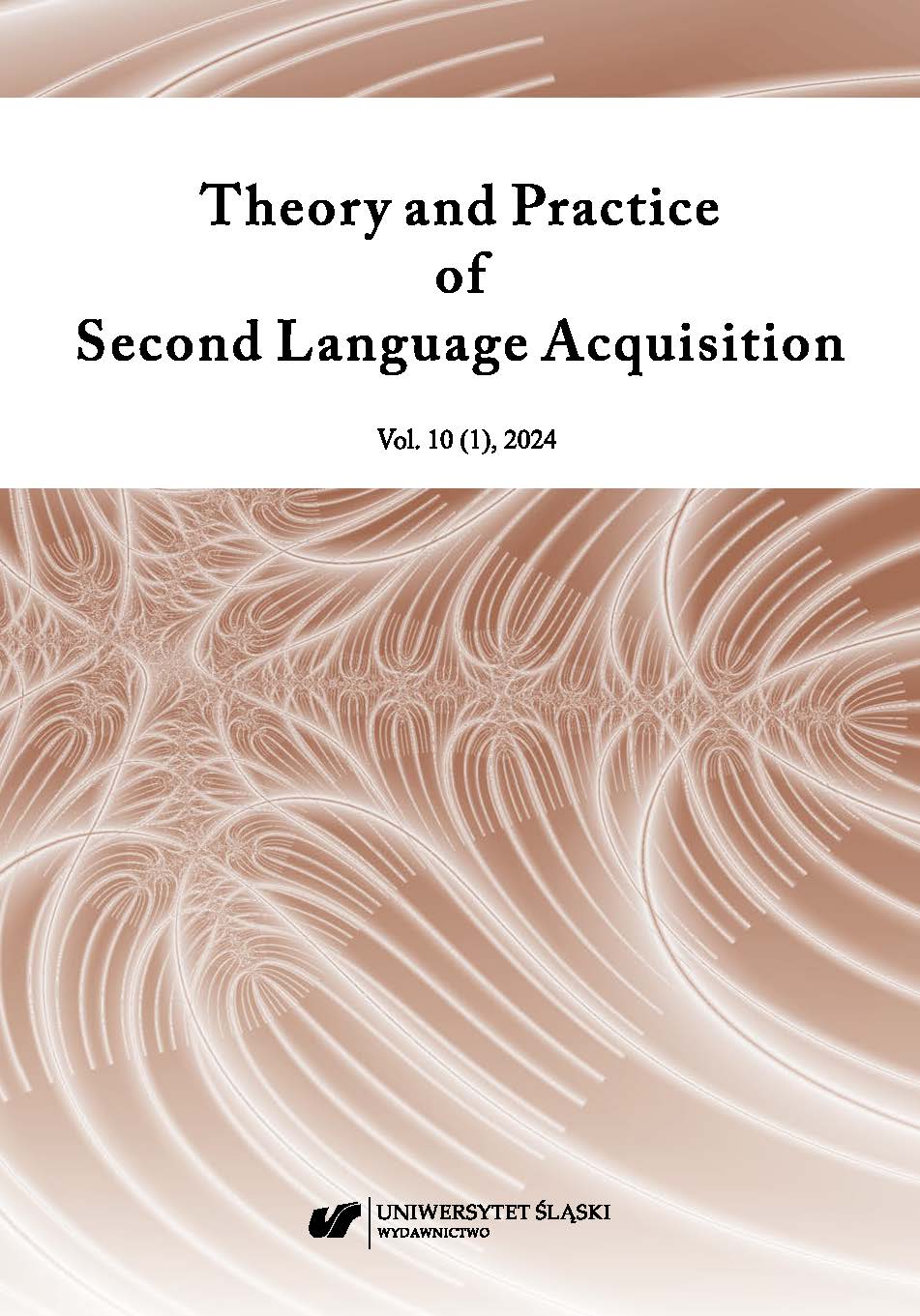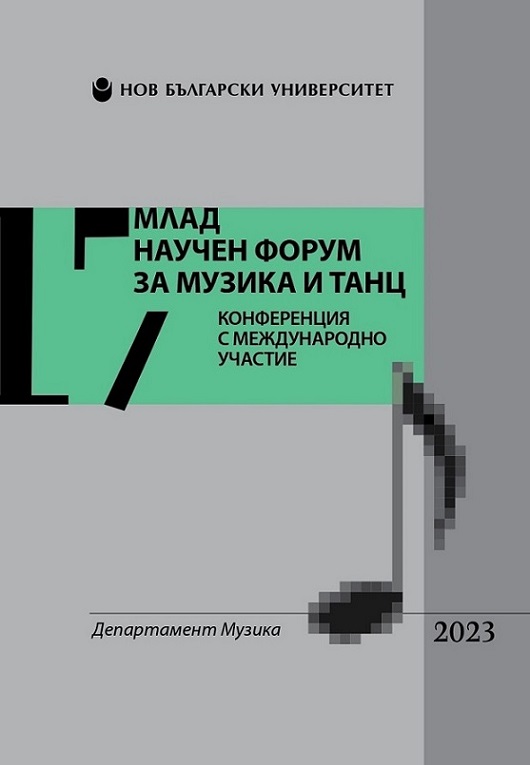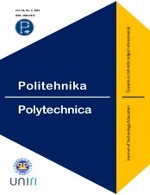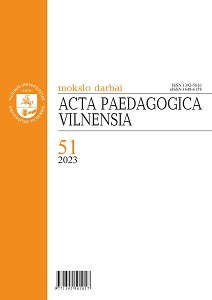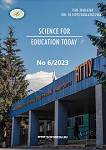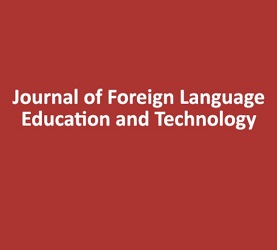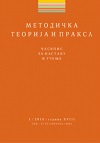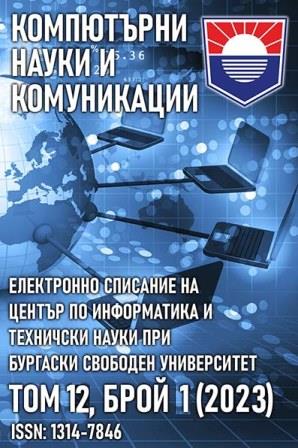
RECONSIDERATION OF LEARNING THEORIES FROM THE PERSPECTIVE OF THEIR APPROACH IN THE VIRTUAL ENVIRONMENT
The attempt of the scientists to understand and explain/describe the mechanisms of human learning has been an on going and important concern with implications in various fields of endeavor. Thus, the variety of learning theories that are objectified in learning models or styles is explained. In the present study, we analyze the most important psychological theories of learning, viewed from the perspective of an environment that is increasingly present in people's lives, when we talk about learning - the virtual environment. Are assessment of these theories is important, because although they are well-known, they have an explanatory power, facilitating learning in the online environment, with the mention of correctly capturing the pedagogical/educational demands of designing such an activity. On a practical-applicative level, we have carried out pedagogical microresearch of a constative type, following the attitude of teachers towards learning carried out in virtual environments, the challenges that the act of designing entails, psycho-pedagogical demands of learning in the virtual environment. The questionnaire applied to more than 100 teachers in pre-university education captures their needs regarding the organization of the training space in the virtual environment. So, the ubiquity of learning is a modern characteristic of instruction and education, it remains for teachers to identify solutions for achievement, adaptation to situations and contexts as different as possible, as well as revaluing the psychological theories of learning from the perspective of technological learning environments.
More...
